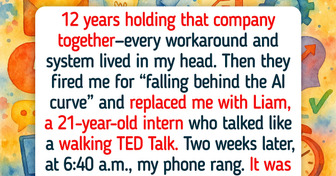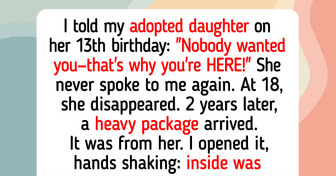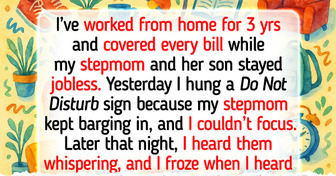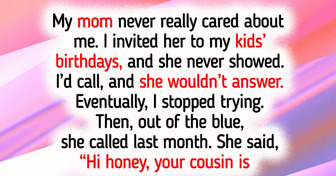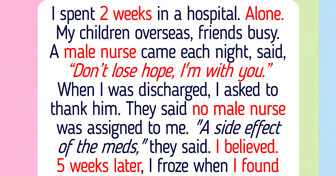Young Woman Documents Her Fox Eye Surgery and Shocks People With the Results

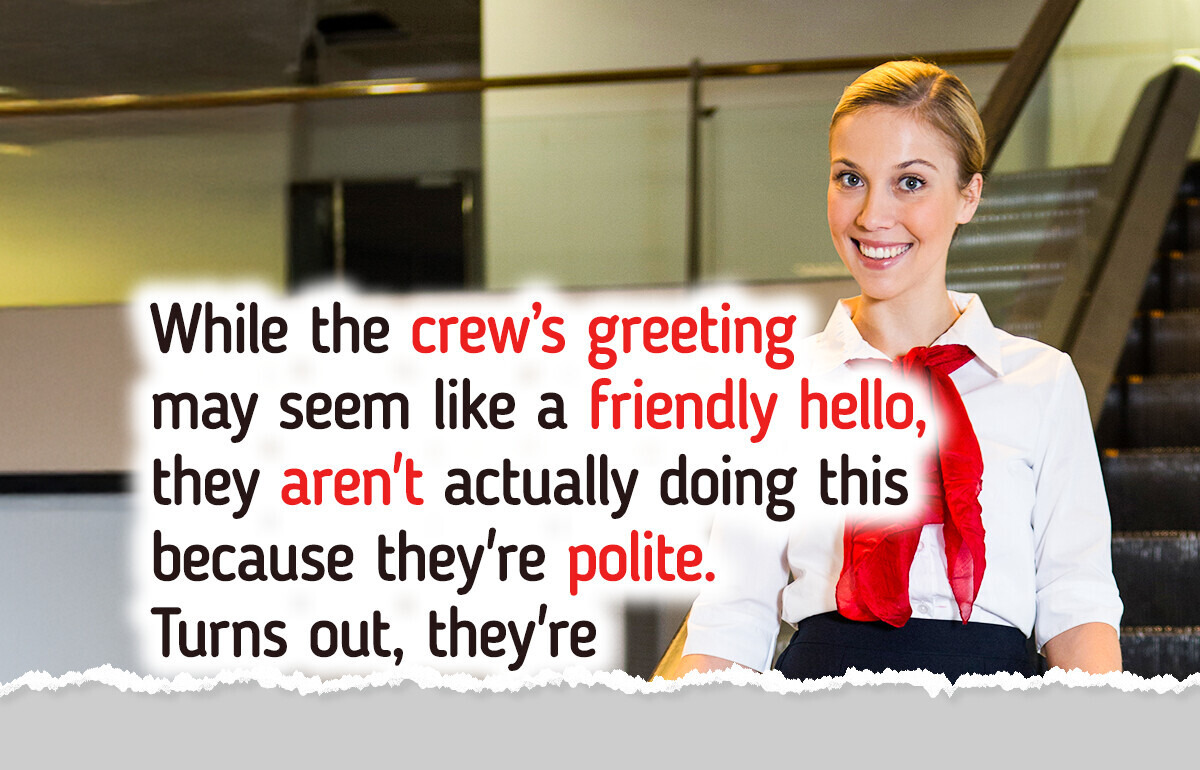
A flight attendant greeting you with a smile as you board the plane may seem a very natural thing that people barely pay attention to. While it may seem like a simple courtesy, there’s more happening behind that friendly “hello” than meets the eye.
You’ll be surprised to find out that it actually has nothing to deal with politeness, as there’s a quite deeper and more serious reason why you hear “hello” and see a flight attendant smile. Let’s delve into the secret meaning behind this common practice.
While the crew’s greeting may seem like a friendly hello, they aren’t actually doing this because they’re polite. Turns out, they’re up to more serious things rather than providing passengers with a kind and hospitable service.
Kat Kamalani, from Salt Lake City, Utah, took to TikTok to reveal the secrets of her job, including why flight attendants ’look you up and down’ as soon as you board an airplane. While travelers rush to find their seats and stash their bags, flight attendants are doing more than just guiding people down the aisle.
In her video, Kat reveals that they’re actually assessing each passenger.
When you step onto the plane, flight attendants are subtly evaluating whether you’re fit to fly. They’re trained to spot signs of intoxication or illness that could pose risks during the flight. Indicators like slurred speech, unsteady gait, or visible signs of sickness are red flags.
If a passenger appears too unwell or inebriated, they may be denied boarding to ensure the safety of everyone on board.
Beyond assessing fitness, flight attendants are also on the lookout for “Able-Bodied Persons” (ABPs). These are passengers who could assist in emergencies, such as evacuations or medical situations.
Professionals like doctors, nurses, firefighters, or military personnel often fall into this category. Sometimes, these individuals proactively inform the crew of their qualifications, which is greatly appreciated.
The initial greeting also serves as an informal security check. Flight attendants are trained to notice and immediately report behaviors that might indicate security threats or illegal activities.
Unusual nervousness, avoidance of eye contact, or other odd behaviors can prompt further attention. This vigilance adds an extra layer of safety beyond standard airport security measures.
Lastly, the greeting helps flight attendants gauge passengers’ comfort levels. Those who appear anxious or uneasy can be noted for additional support during the flight. Establishing this early connection ensures that passengers feel cared for and can approach the crew with any concerns.
And here’s a scary reason why airline crews dim cabin lights during takeoff and landing. And no, it’s not to let you sleep.


